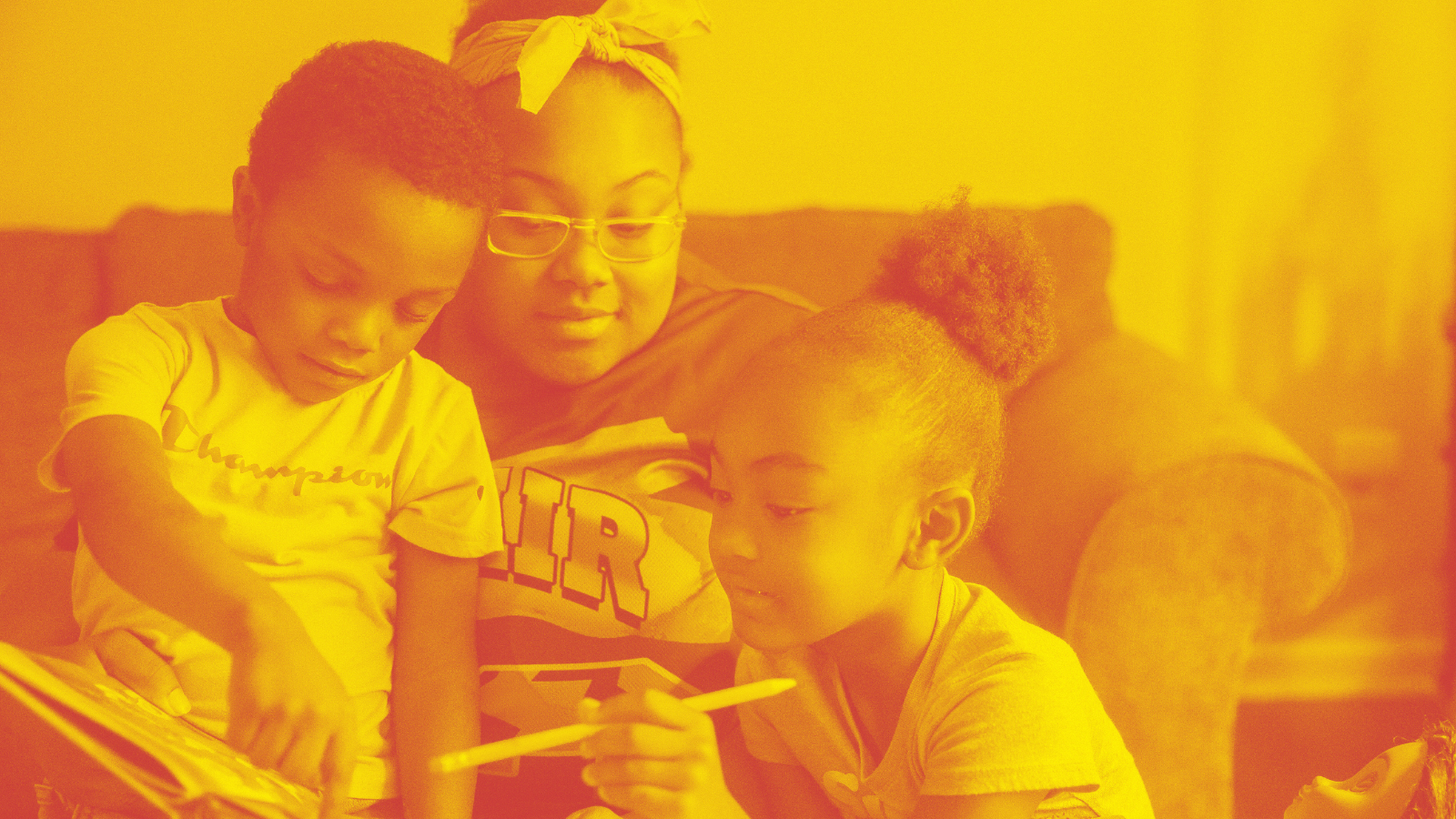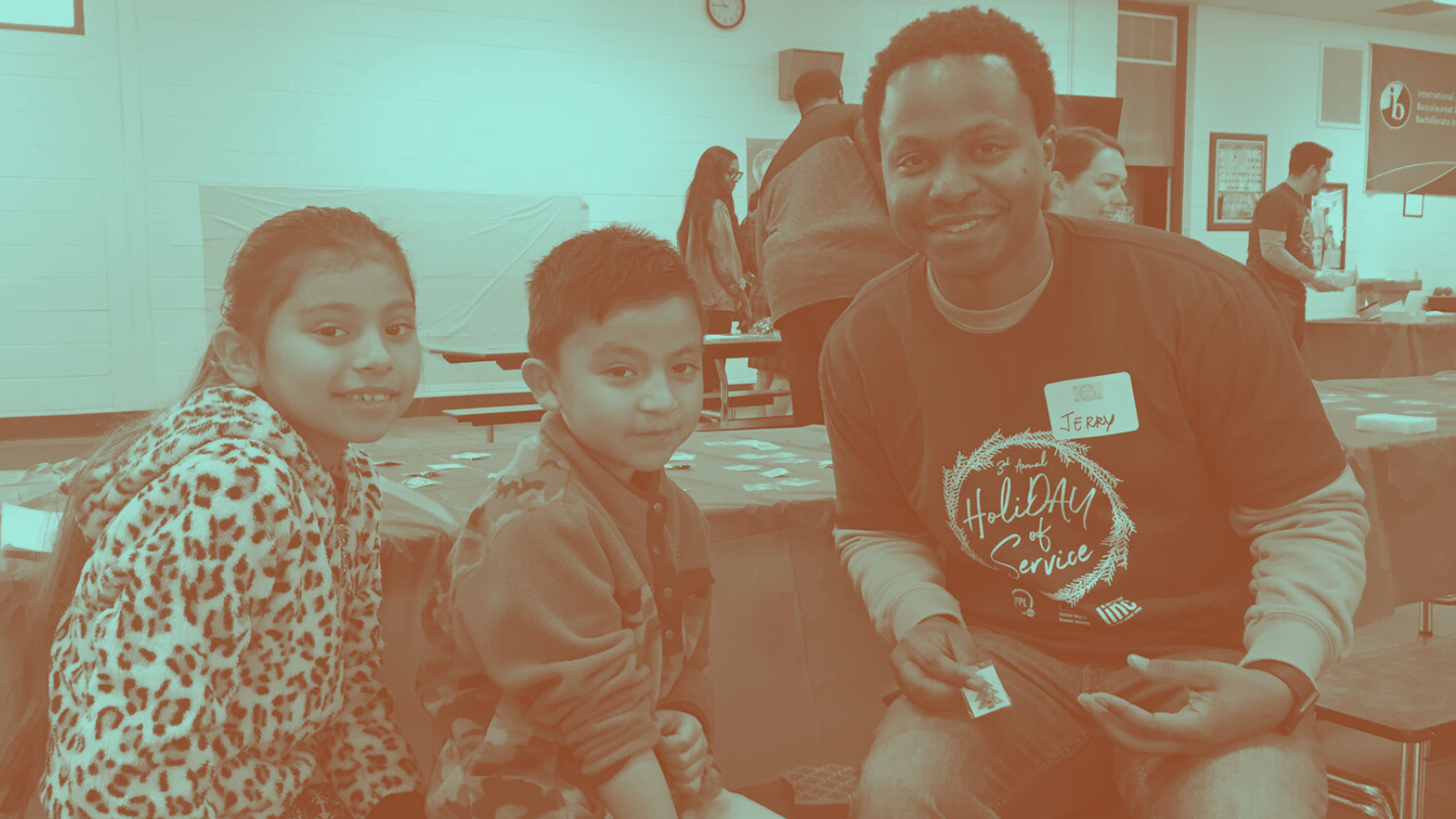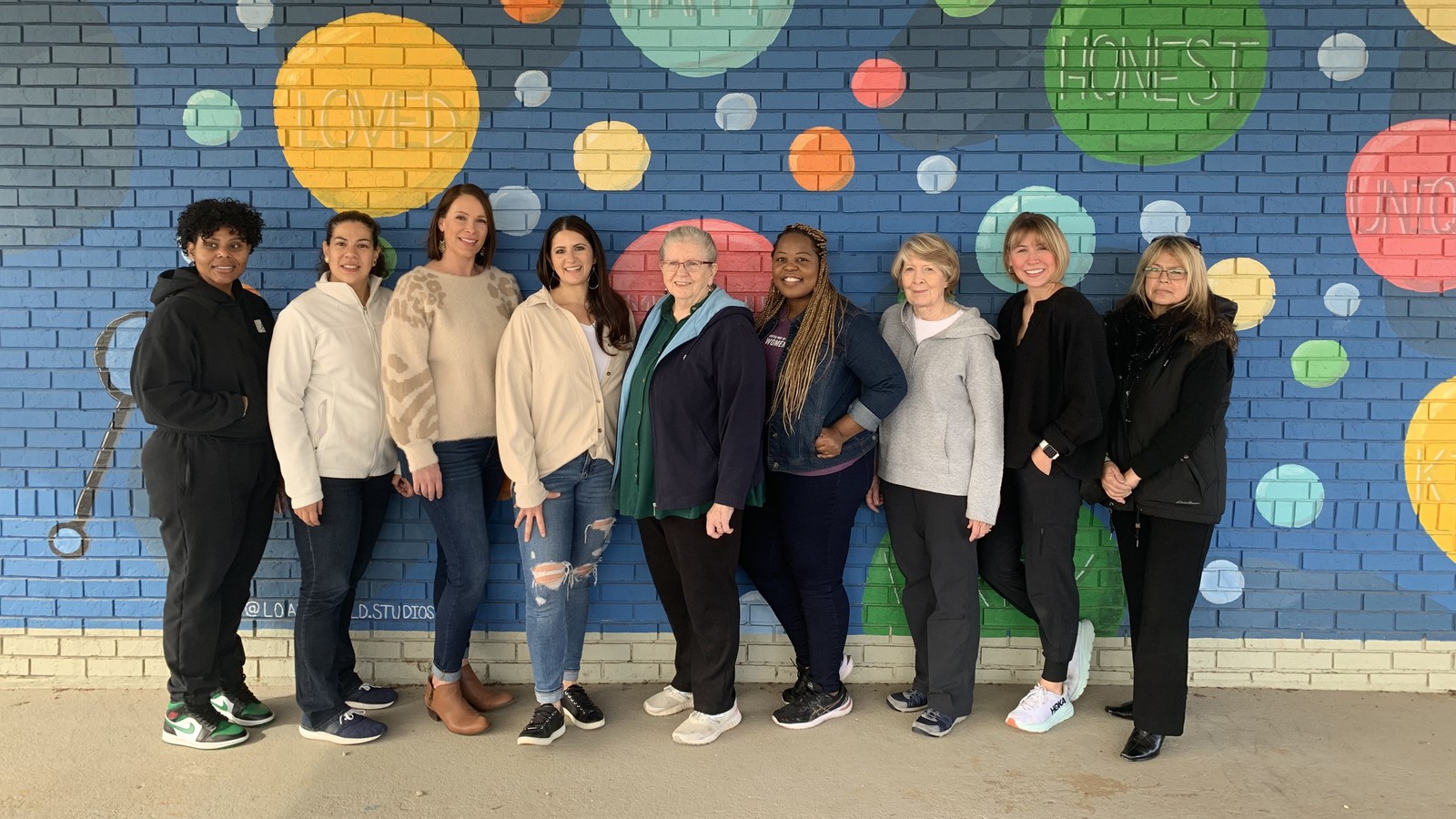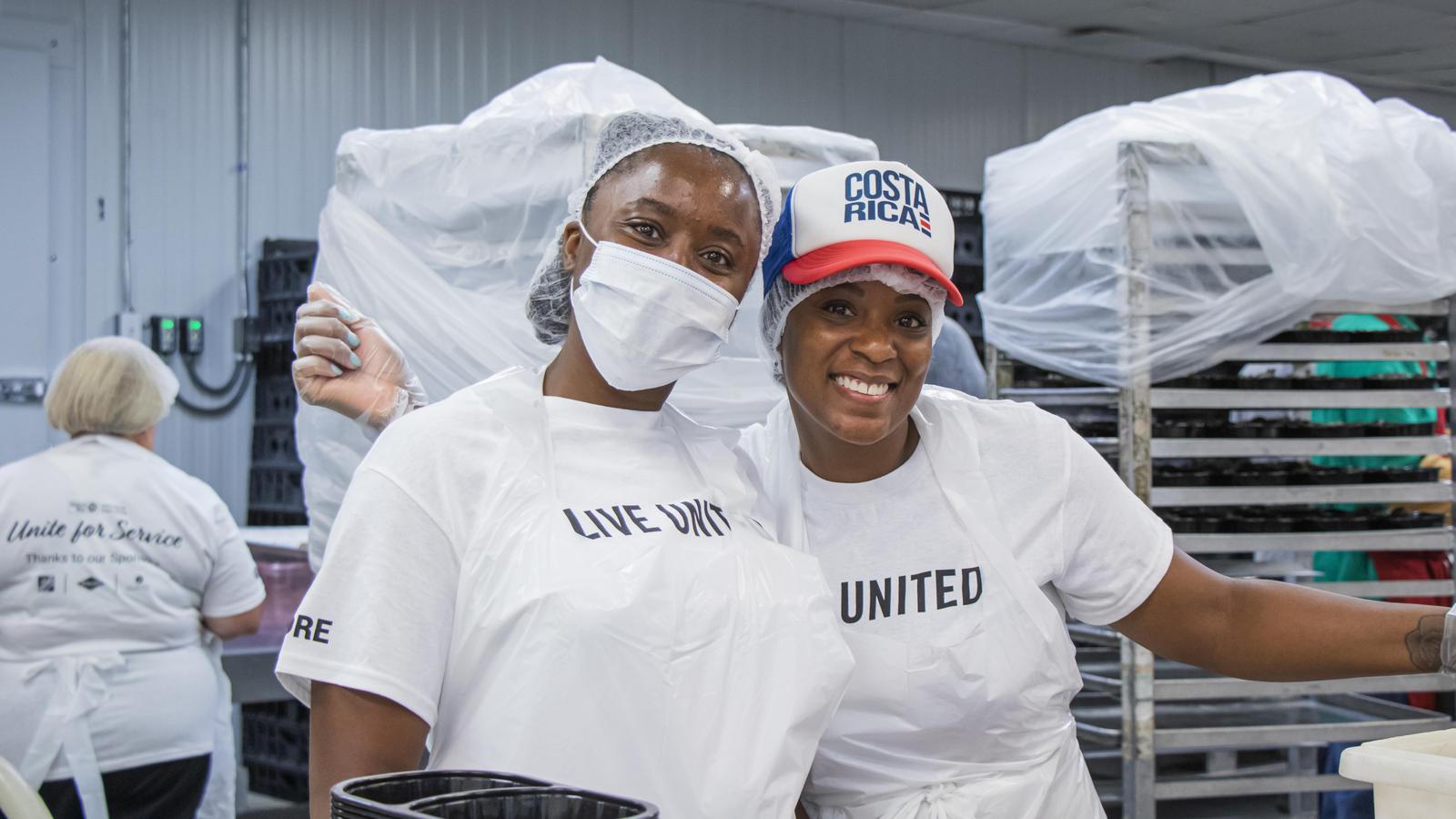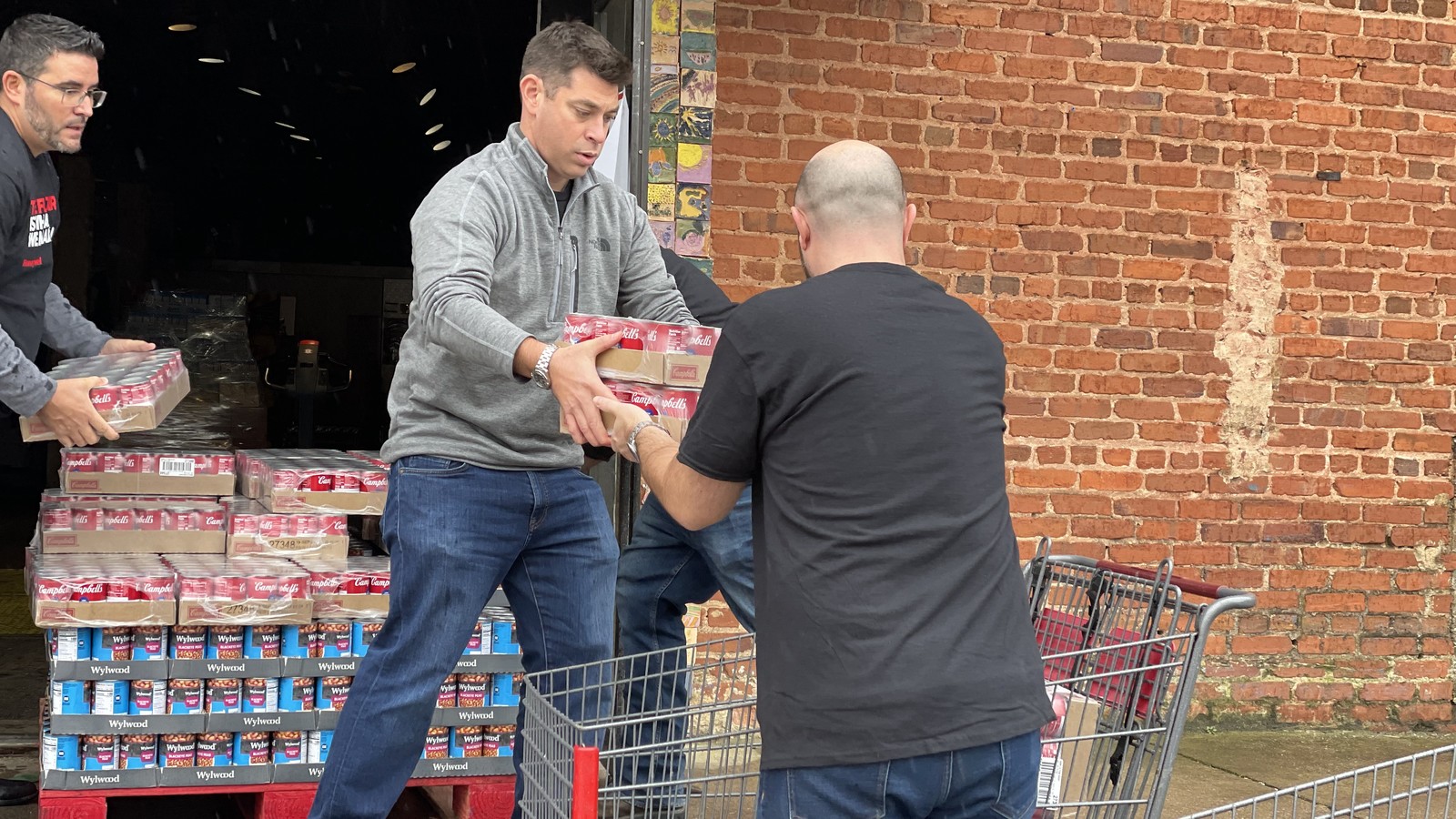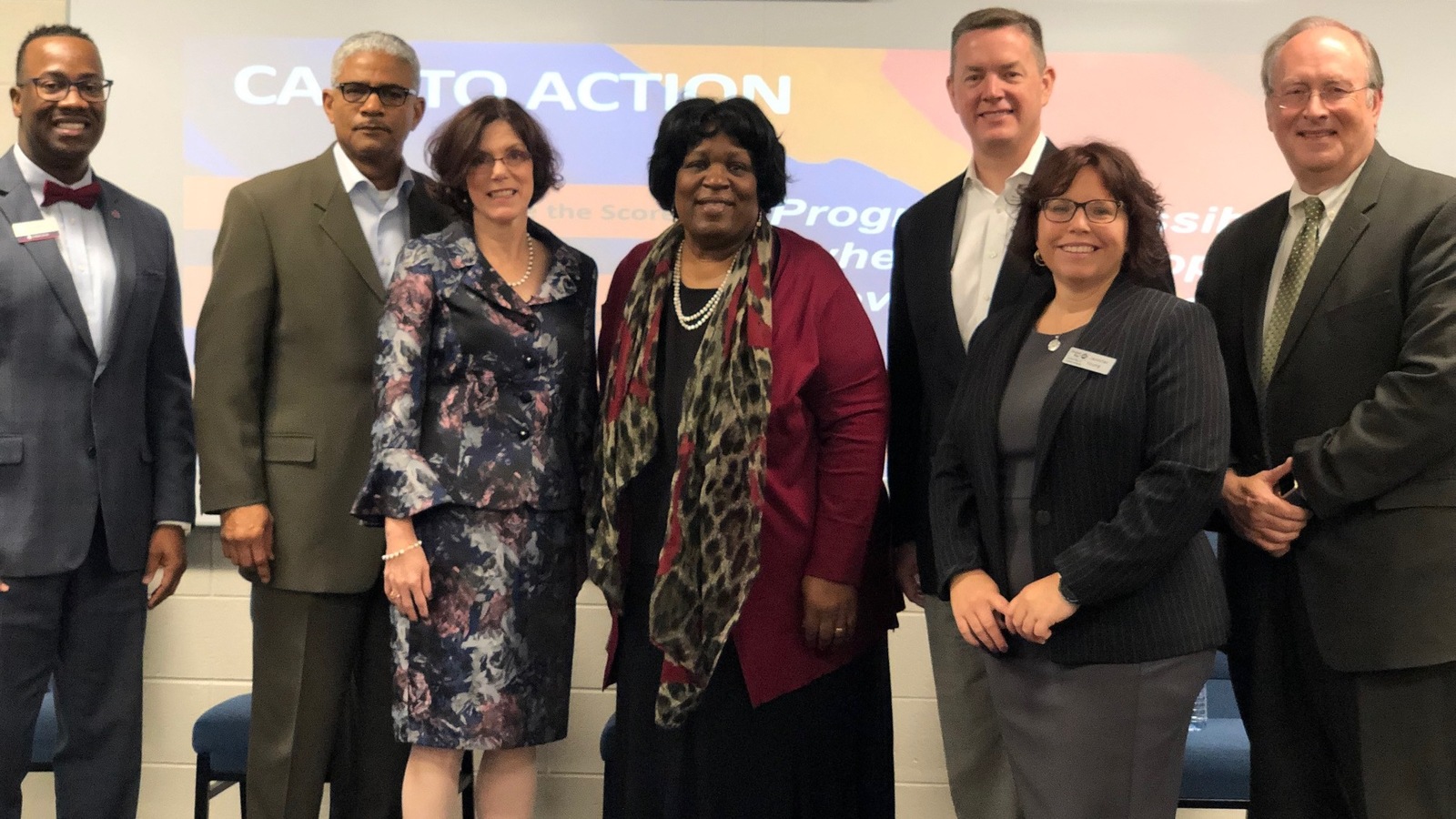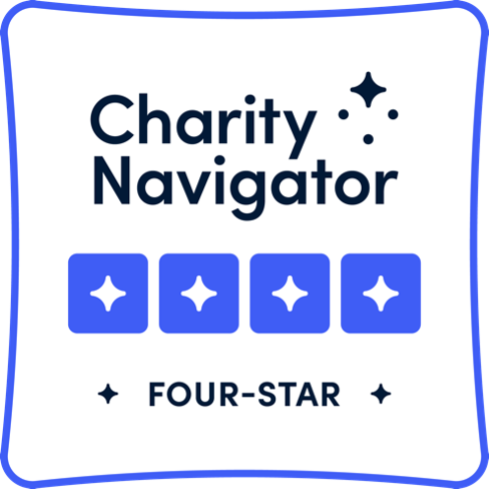Learn
We’re focused on child well-being because communities thrive when their children are thriving.
But children can only reach their full potential if they and the families that support them, and the communities that surround them, have equitable support and resources. Analysis from our Child Well-Being Index enables a new level of insight into the issues that affect the futures of our children and our communities.

Child Well-Being Movement
In 2017, United Way of Greater Atlanta launched the Child Well-Being Movement—a movement to unite people and resources across sectors to make lasting improvements in the well-being of children, families and the communities that surround them. Our guiding question is “how are the children?” United, we’re working toward a future where we can respond with “all the children are well.”
Our Child Well-Being Agenda is built on a clear vision of what communities look like when all the children are well:
Babies are born healthy
Children grow up in secure homes and safe neighborhoods and have healthy food and access to medical care
Kids read proficiently by third grade
Teens graduate from high school prepared for college, careers and life
Families are financially stable
Adults are educated, employed and housed
Child Well-Being Index
We developed the Child Well-Being Index as a diagnostic tool to tell us where each neighborhood stands in their progress toward saying, “all the children are well.” We use the Index insights as a compass to collectively, with nonprofit, business and government partners, direct resources in ways that can most powerfully improve child well-being and transform lives for the better.
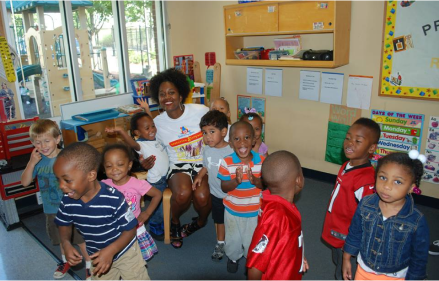
Child Measures
- % Low Weight Births
% Students Exceeding 3rd Grade Reading Standards
% Students Exceeding 8th Grade Math Standards
Student Mobility Score
High School Graduation Rate
% 16 to 19-Year-Old enrolled in school or in the workforce
- % of children without health insurance
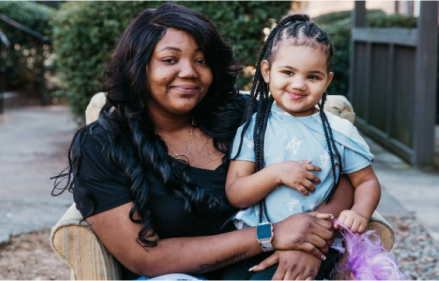
Family Measures
% Families Not Financially Stable
Families with Housing Cost Burden
% Births to Mothers without a High School Diploma
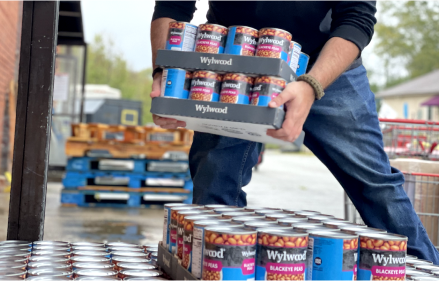
Community Measures
% Enrolled in Post-Secondary Education
% Adults without a High School Diploma
% Adults without Health Insurance
Unemployment Rate
% Access to Broadband Internet
Food Accessibility Score
The Index incorporates data from multiple sources. Neighborhood Nexus is the primary data partner for the United Way of Greater Atlanta Child Well-Being Index. In this role, they gather and maintain the data from the various sources, including the Georgia Department of Education, Georgia Department of Public Health and the U.S. Census Bureau.


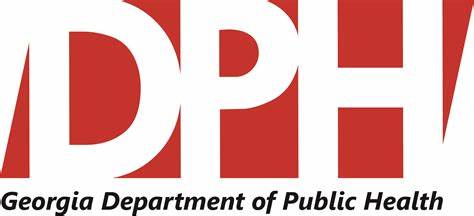
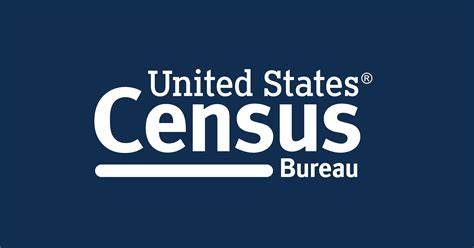
New Findings from the Index
Released in 2023, the latest Index data offers new insights into the issues affecting children, families and communities at a neighborhood level. These insights enable us and our partners to match investments to the communities where our efforts can have the greatest impact on child well-being.
Through the data, we’ve identified Greater Atlanta’s high-need areas, the more than one-third of our neighborhoods facing lower levels of resources and support to help kids thrive. In 79 of these high-need neighborhoods, child well-being is declining, meaning that the 77,000 children who live there face inequitable barriers to reaching their full potential.
Our Investment Priorities
Data from the Child Well-Being Index led us to identify four areas for resource investment with the highest potential to improve child well-being across the 13-county Greater Atlanta region.

